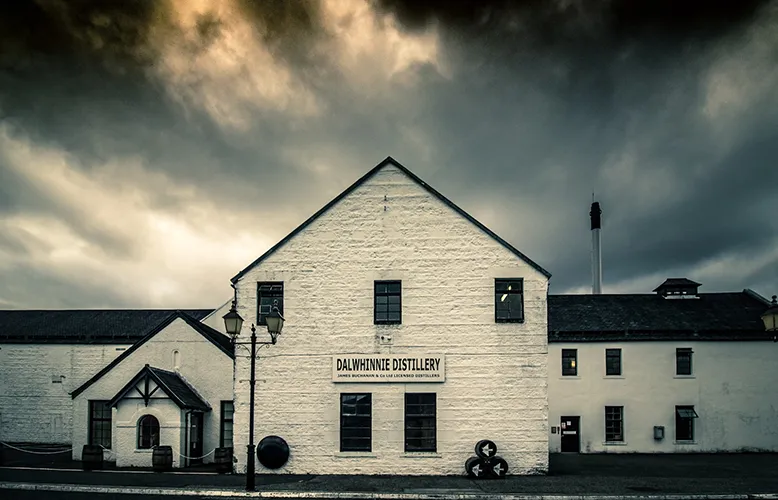Travel
Whisky Tourism is on the Rise in Ireland and Scotland: Expert Explains Why


Whisk(e)y tourism is on the rise, and this trend isn’t just a splash in the glass; it’s a full-on barrel roll.
Roughly 133,800 monthly online searches feature a combination of “whisky” or “whiskey”, “Scotland,” and “Ireland,” while dedicated searches for “Scotland tours” and “whisky tours” exceed 27,000 combined.
Daniel Ufland, from The Whisky Masters, takes us on a tour of the Scottish Whisky and Irish Whiskey utopias, explaining their cultural and economic significance to give us an insight into why tourists are flocking there.
What are Whisky Tours?
“Whisky tours are like embarking on a liquid adventure,” says Daniel. “They’re immersive experiences that whisk you away on a journey of discovery.”
During a whisky tour, you’ll explore the intricacies of its production, from distillery exploration to barrel-ageing insights. Expert guides will also share the history, techniques, and flavours that define different styles of the spirit.
It’s a chance to taste a variety of whiskies, and you will gain a deeper understanding of this iconic spirit’s craftsmanship, cultural significance, and unique characteristics.
Distilleries As Ragingly Popular Tourist Attractions
Fueled by a desire for immersive experiences, travellers are flocking to the spiritual homes of Scotch whisky and Irish whiskey.
Distilleries in Scotland and Ireland are expanding as major tourist attractions, offering guided tours, tastings, and hands-on experiences.
The Scotch Whisky Association (SWA) reports that Scotch whisky visitor centres in Scotland welcomed over 2 million visitors in 2022, exceeding pre-pandemic levels.
Daniel notes, “These visits are not just about whisky; they’re about capturing the essence of these rich cultural traditions.”
Whisky Tours’ Link to Culture
This revered liquid is more than a drink; it’s part of Scotland and Ireland’s heritage and identity.
The literal translation of the Gaelic word for whisky, “uisge beatha,” means “water of life.”
It embodies centuries of tradition, craftsmanship, and storytelling, making it a compelling draw for visitors.
Whisky Tours’ Investments and Economic Benefits
The impact of whisky tourism extends far beyond visitor satisfaction.
The industry contributes significantly to local economies and job creation.
The SWA’s 2022 Economic Impact Report highlights whisky’s significance, with the industry contributing £7.1 billion to the UK economy. Scotch whisky exports alone reached £5.6 billion in 2023, solidifying its position as a global economic powerhouse.
“Investments in whisky tourism have led to continued growth and innovation, transforming distilleries into luxury destinations,” according to Daniel.
Distilleries are enhancing visitor experiences, with ‘ghost’ distilleries being revived to add to the allure of whisky tourism. Distilleries like The Glenturret are repositioning themselves as luxury brands, offering private tours and unique tasting experiences.
Whisky Tours’ Impact on Communities
Whisky tourism boosts local economies and sustains communities, particularly in rural areas.
Around 90% of the whisky industry’s barley requirements are sourced in Scotland, highlighting its deep connection to local agriculture.
This ‘spirited’ tourism trend shows no signs of slowing down. According to Daniel, “As whisky producers invest in immersive experiences and cultivate a new generation of enthusiasts, whisky tourism promises to remain a major draw for years to come.”



